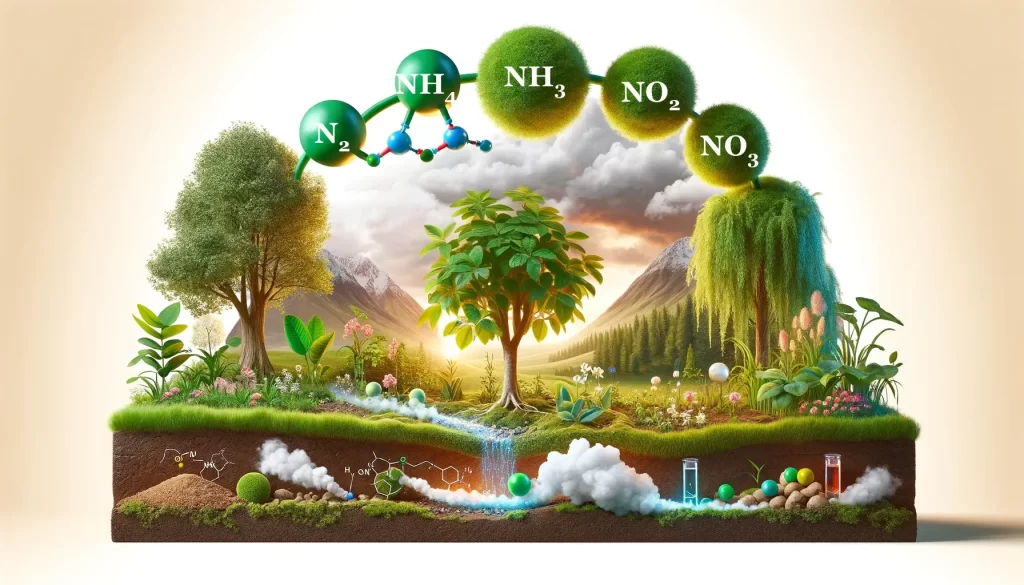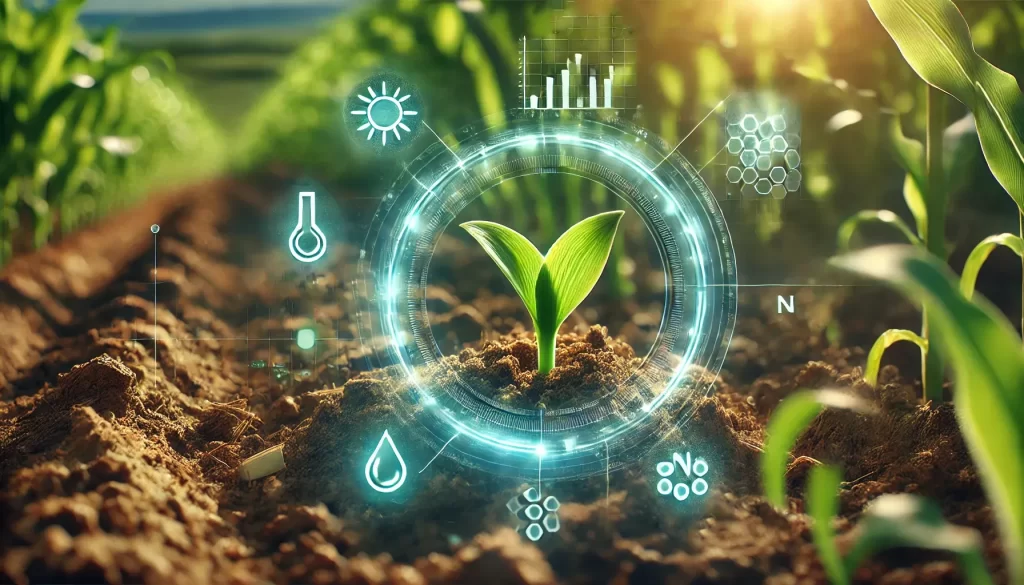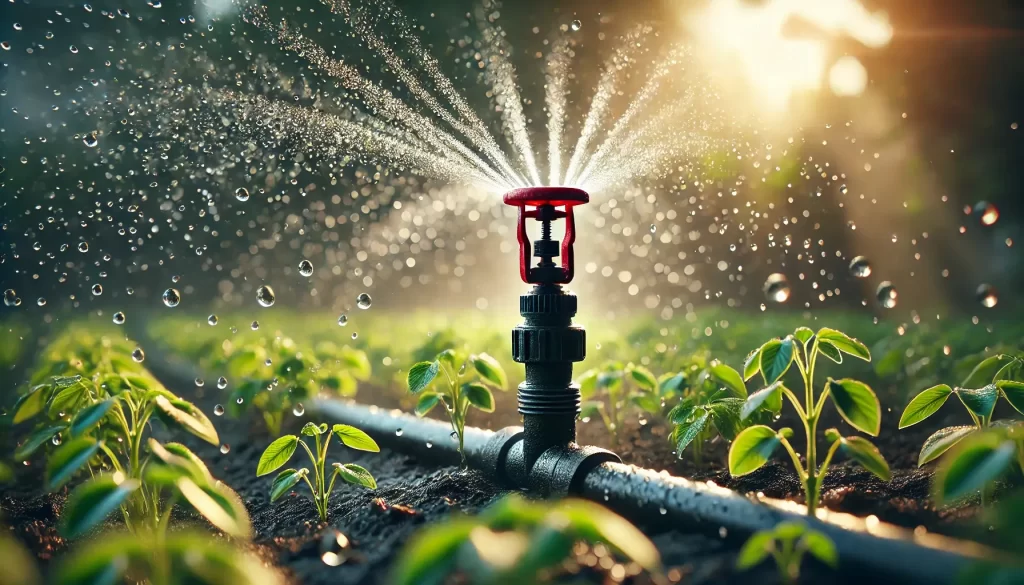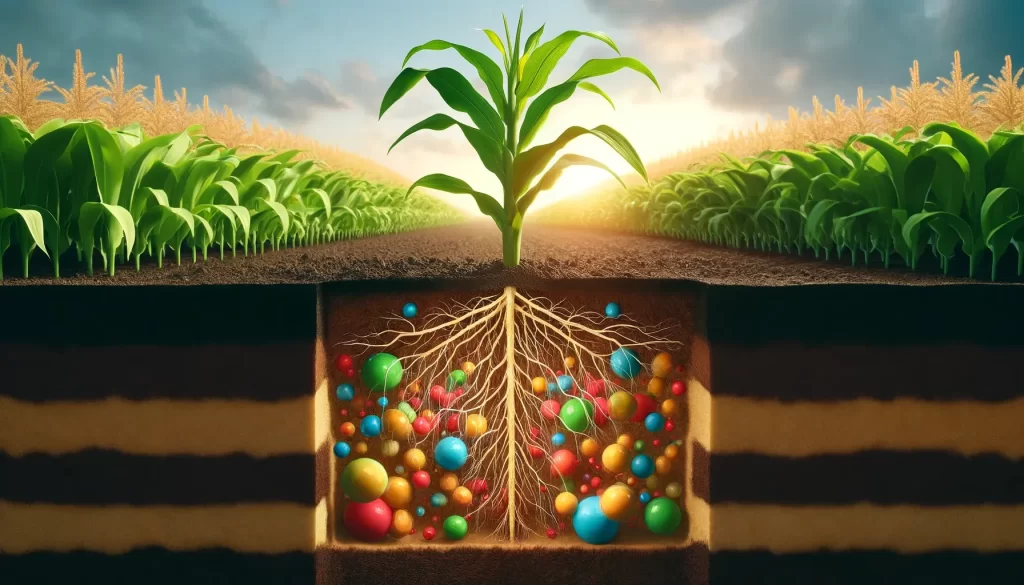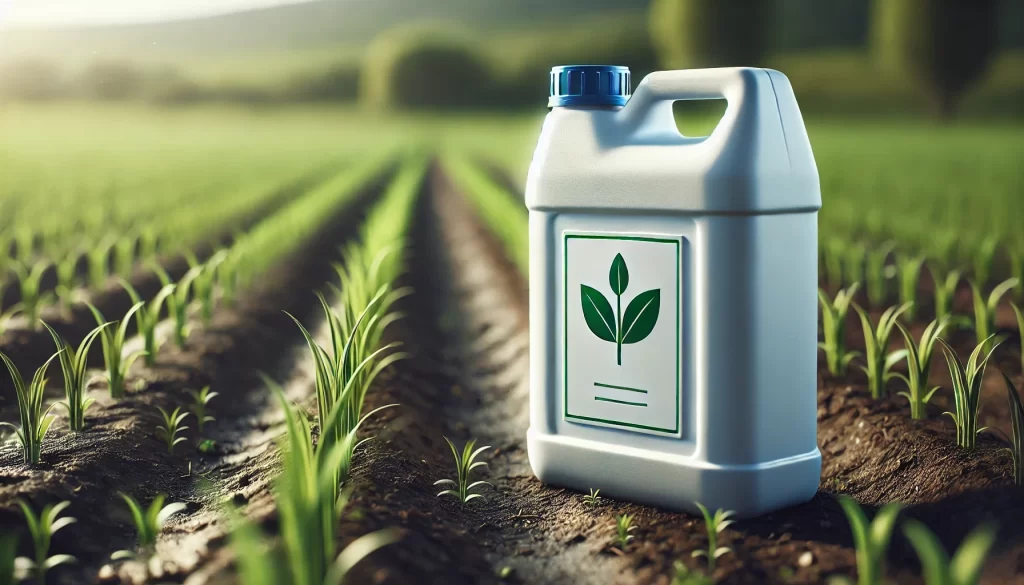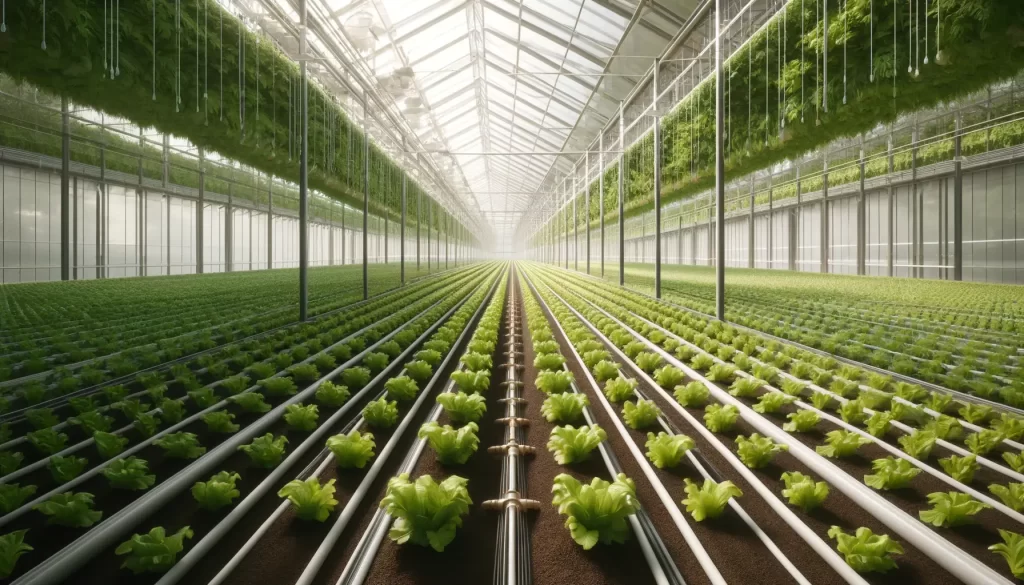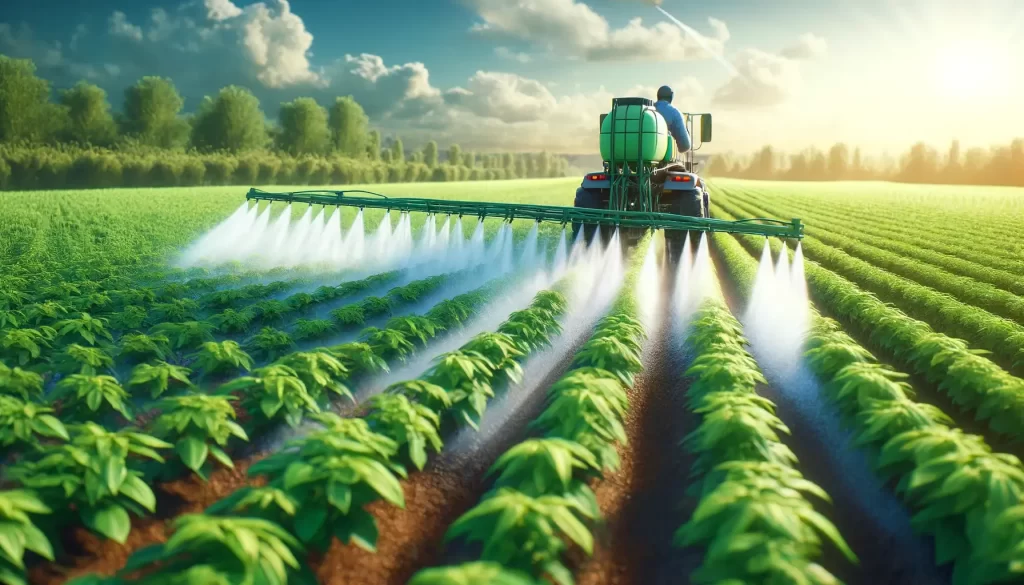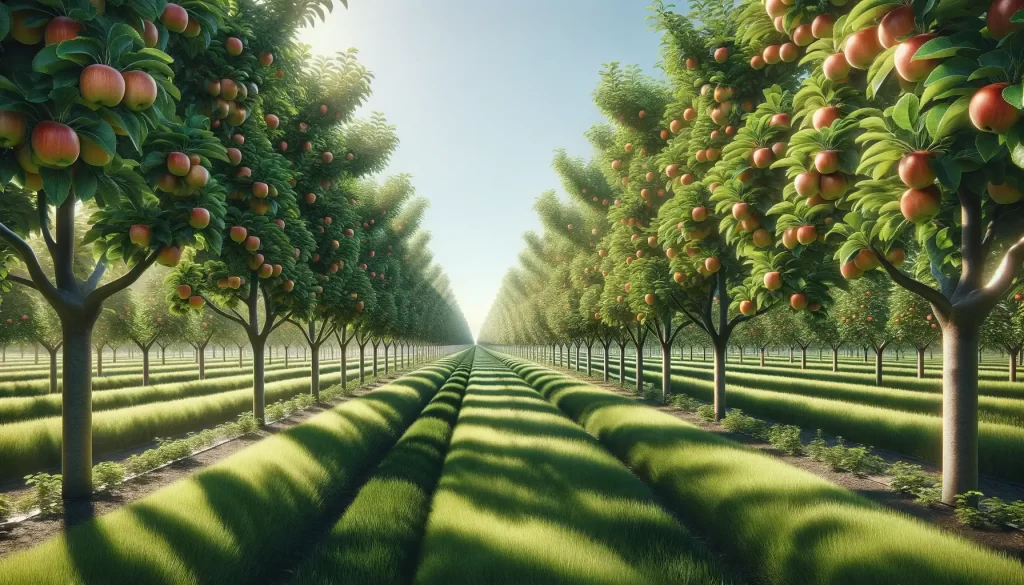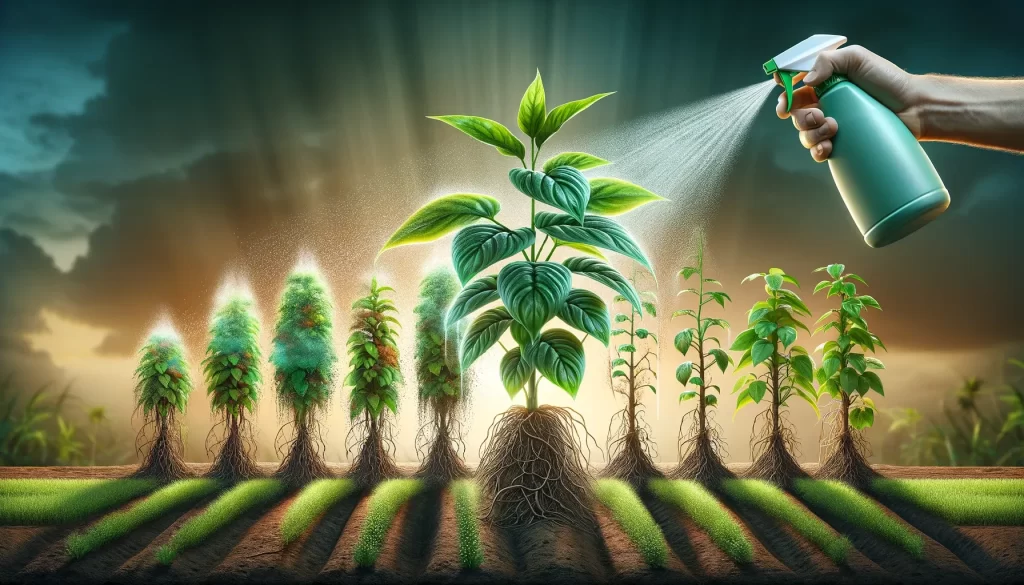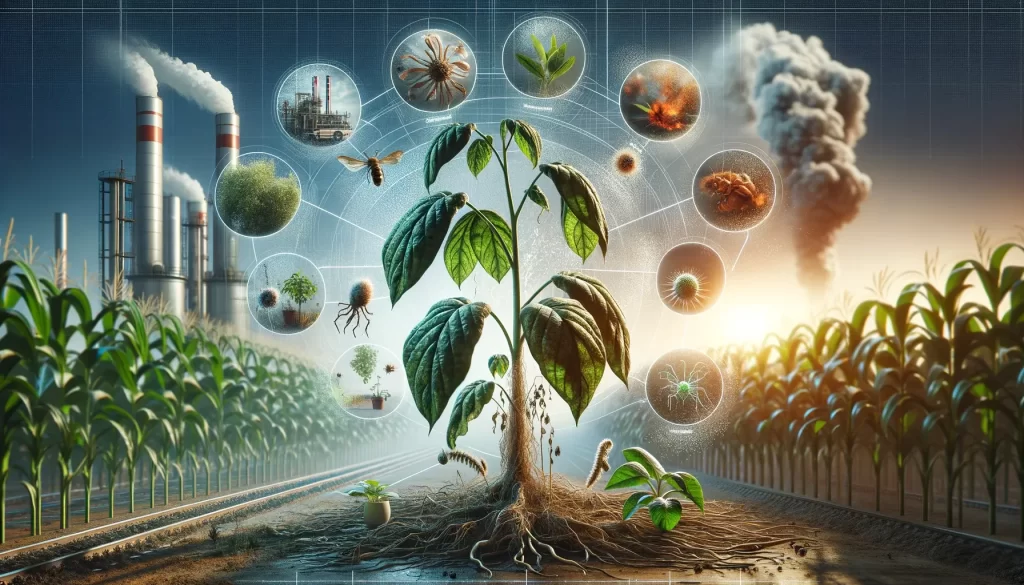The Importance of Nitrogen for Plants
Nitrogen is a macronutrient that is the building block of proteins and nucleic acids and is vital for plant growth and development. It plays a role in many important biochemical reactions such as photosynthesis and protein synthesis. Adequate nitrogen intake ensures healthy and productive growth of plants.
Types of Nitrogen Based Fertilizers
Various types of fertilizers are used to provide the nitrogen that plants need. Nitrogen-based fertilizers are one of the most common and effective types of fertilizers. They exist in two main forms: solid and liquid. Solid nitrogenous fertilizers; It includes varieties such as urea, ammonium nitrate, ammonium sulfate and calcium ammonium nitrate. Liquid nitrogen fertilizers are; They include varieties such as ammonium nitrate, urea and ammonium sulfate solutions.
Advantages of Liquid Fertilizers
Liquid fertilizers have many advantages over solid fertilizers. These advantages are:
- Faster nutrient uptake: Liquid fertilizers dissolve in water and are absorbed more quickly and easily by plants. This allows nutrient deficiencies to be eliminated quickly and plants to grow faster.
- More homogeneous distribution: Liquid fertilizers are distributed homogeneously by mixing with irrigation water or directly applied to the soil. This ensures that plants have equal access to nutrients and prevents problems such as nutrient deficiency or excess.
- Easier application: Liquid fertilizers can be easily applied with special equipment. This saves time and labor.
- Less environmental pollution: Liquid fertilizers create less environmental pollution compared to solid fertilizers. It reduces the risk of contamination of nutrients such as nitrogen and phosphorus into soil and water resources.
Nitrogen Based Liquid Fertilizer Types
Ammonium Nitrate (NH4NO3)
It is one of the most widely used nitrogenous fertilizers with high nitrogen content. It acts quickly and dissolves easily in water.
Urea (CO(NH2)2)
Its nitrogen content is lower than ammonium nitrate, but it has a longer-lasting effect. Urea is converted to ammonium by the urease enzyme in the soil and used by plants.
Ammonium Sulfate ((NH4)2SO4)
Its nitrogen content is lower than ammonium nitrate and urea, but it contains sulfur. Sulfur is an important macronutrient for plants and plays a role in protein synthesis.
Sodium Nitrate (NaNO3)
Since it does not contain chlorine, it is suitable for plants with chloride sensitivity. It is especially used in vegetable and fruit cultivation.
Calcium Nitrate (Ca(NO3)2)
It contains both nitrogen and calcium. Calcium increases the strength of plant cell walls and increases resistance to diseases.
The Importance of Nitrogen Based Liquid Fertilizers
Plant Growth and Development
Nitrogen is necessary for the development of plant cells and tissues. Adequate nitrogen intake allows plants to grow faster and healthier and produce more leaves and branches.
Photosynthesis
Nitrogen is the building block of chlorophyll. Chlorophyll is the pigment that enables the conversion of solar energy into chemical energy in photosynthesis. Adequate nitrogen intake enables plants to photosynthesize, allowing them to receive more solar energy and produce more organic matter.
Protein Synthesis
Nitrogen is the building block of proteins. Proteins are structural and functional elements of cells and tissues of plants. It is used in the construction of many important molecules such as enzymes, hormones and antibodies. Adequate nitrogen intake enables plants to synthesize protein, making them healthier and more durable.
Efficiency and Quality Increase
Nitrogen increases the productivity and quality of plants. Adequate nitrogen intake ensures that plants produce more flowers and fruits, and the fruits are larger and more delicious. Additionally, the use of nitrogen fertilizer can extend the shelf life of products and increase their nutritional value.
Use of Liquid Fertilizer in Industrial Agriculture
Application Methods
Liquid fertilizers can be applied by different methods. The most common application methods are:
- Foliar application: Liquid fertilizer is applied to the leaves of the plants with the help of a spray. This method ensures rapid absorption of nutrients by plants.
- Soil application: Liquid fertilizer is applied to the soil and absorbed by the plants through the roots. This method is the most common liquid fertilizer application method.
- Application by drip irrigation: Liquid fertilizer is mixed with irrigation water and given to the plants. This method saves water and fertilizer and prevents environmental pollution.
Dosage and Timing
It is important to apply liquid fertilizers in the right dose and at the right time. Excessive fertilization can damage plants and cause environmental pollution. Insufficient fertilization does not meet the nutritional needs of plants and reduces productivity.
The dose of fertilizer should be determined according to soil analysis, plant type, growth stage and climatic conditions. The timing of fertilizer should be made according to the nutritional needs of the plants.
Things to Consider
Some points to consider in liquid fertilizer applications are:
- Application of fertilizer at the right dose and at the right time
- Application equipment must be clean and well-maintained
- Suitable weather conditions
- Be careful not to contaminate fertilizer into water sources
Benefits of Using Liquid Fertilizer
- Faster nutrient uptake: Liquid fertilizers are absorbed more quickly and easily by plants.
- More homogeneous distribution: Liquid fertilizers dissolve in water and distribute homogeneously.
- Easier application: Liquid fertilizers can be easily applied with special equipment.
- Less environmental pollution: Liquid fertilizers create less environmental pollution compared to solid fertilizers.
Future Trends
Nitrogen-based liquid fertilizers will continue to play an important role in industrial agriculture. In the future, it is expected that the use of liquid fertilizers will become more widespread and new generation liquid fertilizers will be developed.
New Generation Liquid Fertilizers
New generation liquid fertilizers are designed to have more controlled release, be more environmentally friendly and have higher efficiency. These fertilizers will increase yield and quality by better meeting the nutritional needs of plants.
Precision Agriculture Practices
Precision agriculture practices enable the more effective use of liquid fertilizers. will provide. These practices include creating fertilization programs based on soil and plant analysis and applying fertilizers only in areas where they are needed.
Sustainable Agriculture
Liquid fertilizers can play an important role in sustainable agricultural practices. The use of liquid fertilizers, which create less environmental pollution and provide higher efficiency, will contribute to making agriculture more sustainable.
Nitrogen-based liquid fertilizers play an important role in industrial agriculture. It increases productivity and quality by meeting the nutritional needs of plants. Liquid fertilizers have many benefits and have many advantages when applied correctly.
Conclusion
As Greenlive, we are a company that produces plant nutrition products. We especially produce liquid and organic fertilizers. Our products are specially formulated to best meet the nutritional needs of plants. Our expert team provides you with free consultancy services on liquid fertilizer selection and application.
You can contact us to get more information about our liquid fertilizers or detailed information about our products.
You can browse our products, consult our expert team and place an order by visiting our website.
Some of our products and their usage areas:
- Greenlive Liquid Nitrogen: Ideal for fast and healthy growth of plants. Application can be made from leaves or soil.
- Greenlive Organic Liquid Fertilizer: Meets the nutritional needs of plants naturally. It is applied to the soil.
- Greenlive Phosphorous Liquid Fertilizer: It is necessary for the root development and flowering of plants. Application can be made from leaves or soil.
- Greenlive Potassium Liquid Fertilizer: Increases the fruit and vegetable yield of plants. Application can be made from leaves or soil.



